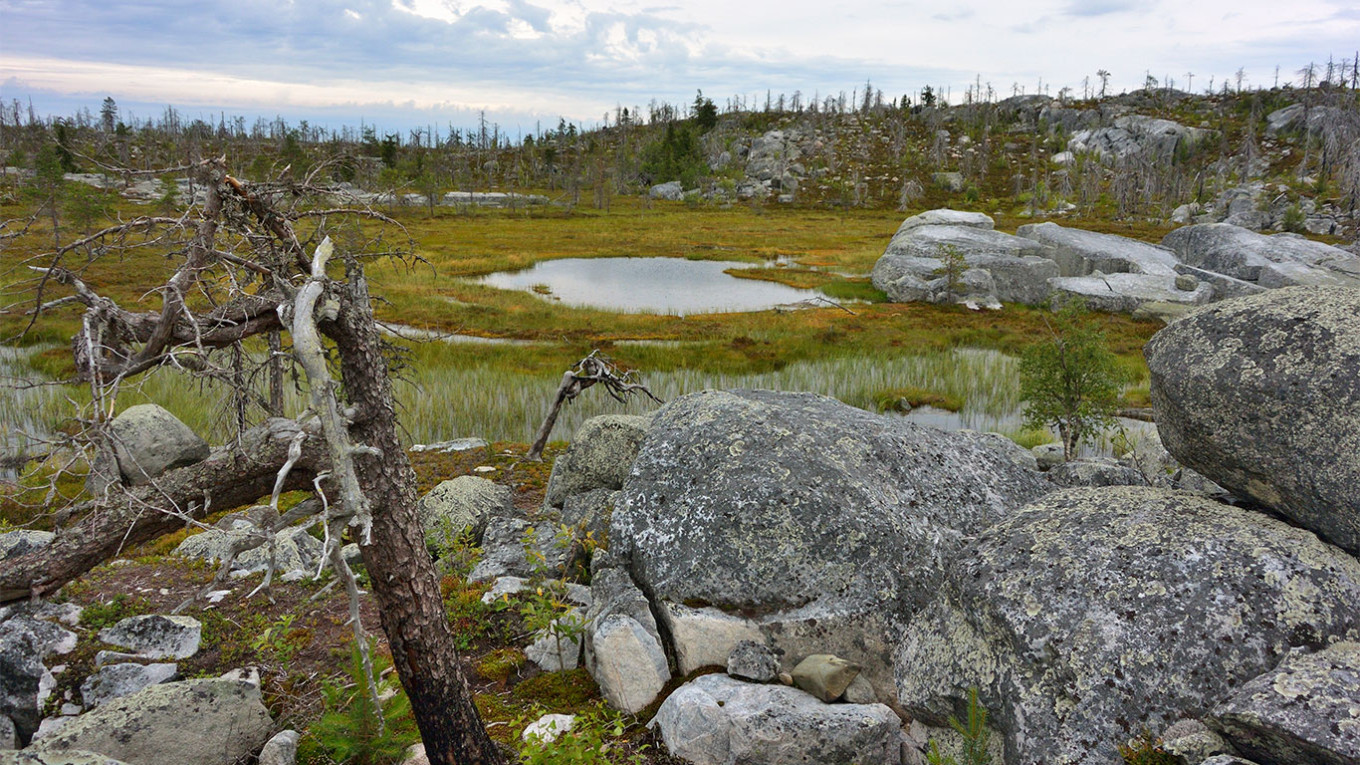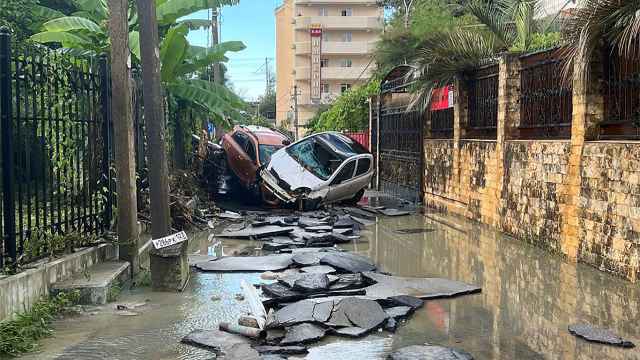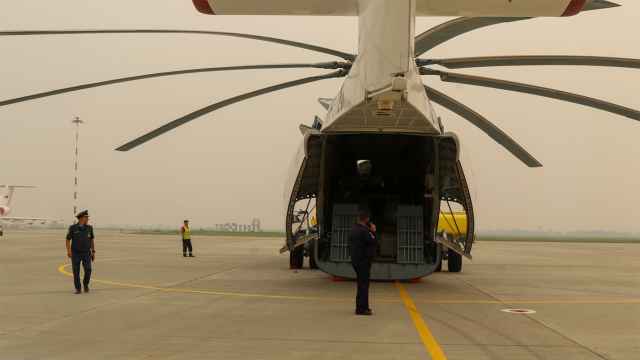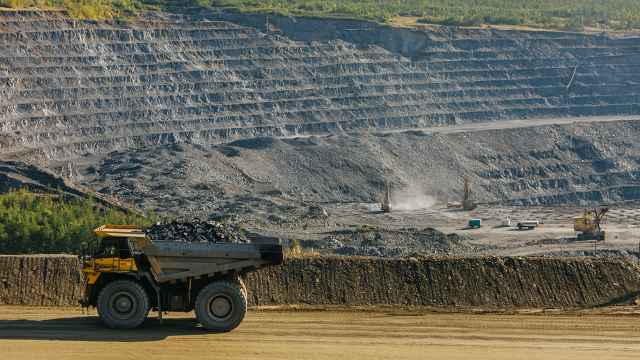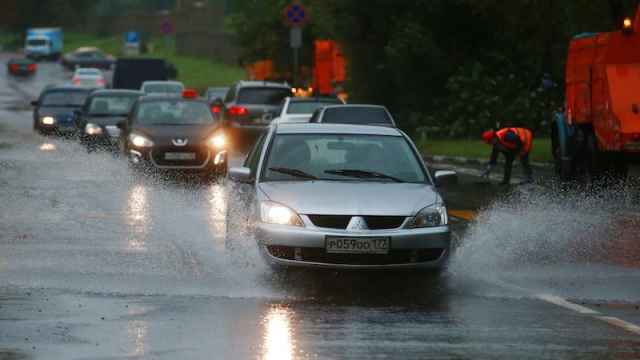Russia has established a new national park in the northern republic of Karelia, a designation that gives its lands federally protected status.
The move has drawn skepticism from conservationists, who suspect that officials may be creating new protected areas for the sake of appearances without due consideration of their environmental value.
Vottovaara National Park spans over 14,000 hectares and encompasses three non-contiguous natural clusters: the Ahvi, Varguno, and Piro Mountains; Lake Pizanets; and Vottovaara Mountain.
“The establishment of the national park will make it possible to preserve the atypical tundra and forest-tundra landscapes,” the Russian government said. “It will also open up new opportunities for studying the unique hydrological parameters of Lake Pizanets, which formed in a deep tectonic fault."
The independent Expert Council on Nature Reserve Management said however that the government is motivated more by “the need to create new protected areas” than actual conservation concerns, with “their number becoming an end in itself.”
This has led officials to establish protected zones in places where it can be done quickly and with minimal effort, including areas without much environmental value, the Council said Monday, while other expert proposals for new protected areas have been ignored for years.
“Consequently, in recent years … the status of federally protected areas has been granted to insignificant territories," the conservationists explained, pointing to other recent examples such as the Tula region’s Tulskiye Zaseki National Park, which has a modest area of 5,787 hectares that ultimately does not encompass the most valuable natural sites.
The new Vottovaara National Park ranks fifth-last in terms of size out of Russia’s 69 national parks. Karelia alone already had four other national parks, each of which is much larger in size, from 74,000 to 128,000 hectares, the Council said.
“In nature reserve management, size matters. When it comes to developing the network of federally protected natural territories, it is crucial to focus primarily on territories that are of paramount importance for biodiversity conservation. There is no urgent need, in this case, to create tiny objects with the status of national parks,” the Council said.
A Message from The Moscow Times:
Dear readers,
We are facing unprecedented challenges. Russia's Prosecutor General's Office has designated The Moscow Times as an "undesirable" organization, criminalizing our work and putting our staff at risk of prosecution. This follows our earlier unjust labeling as a "foreign agent."
These actions are direct attempts to silence independent journalism in Russia. The authorities claim our work "discredits the decisions of the Russian leadership." We see things differently: we strive to provide accurate, unbiased reporting on Russia.
We, the journalists of The Moscow Times, refuse to be silenced. But to continue our work, we need your help.
Your support, no matter how small, makes a world of difference. If you can, please support us monthly starting from just $2. It's quick to set up, and every contribution makes a significant impact.
By supporting The Moscow Times, you're defending open, independent journalism in the face of repression. Thank you for standing with us.
Remind me later.


